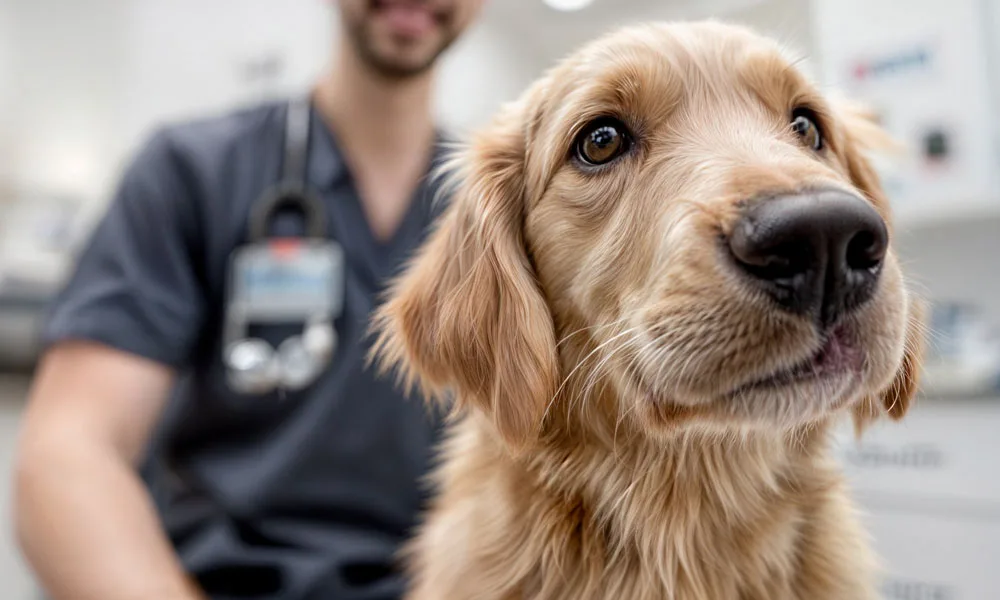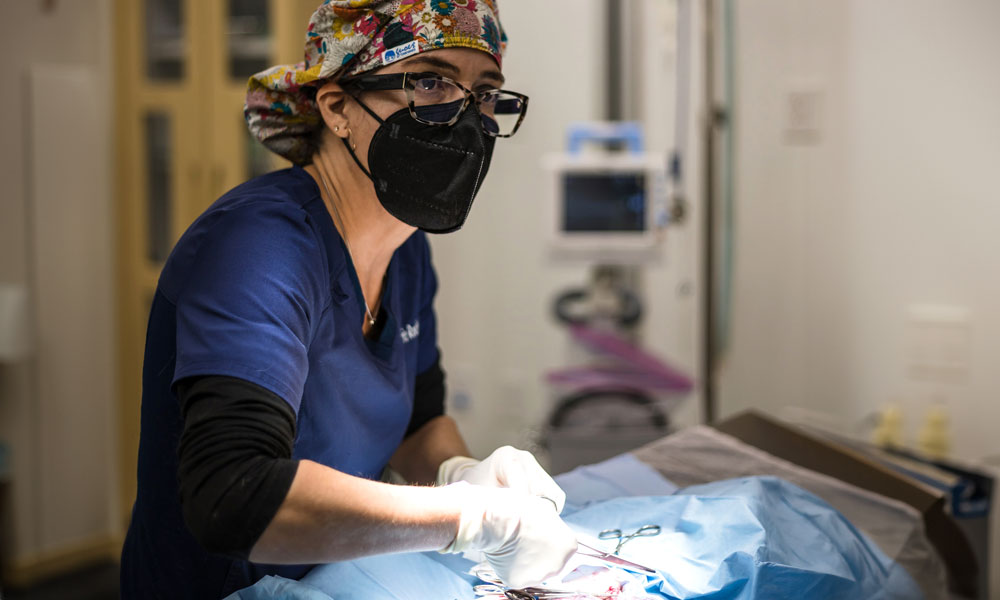
When your pet suddenly becomes sick or injured, knowing the difference between a minor issue and a true emergency can save your pet’s life. At East Hill Animal Hospital in Pensacola, our caring veterinary team is here to guide you through those critical moments.
Here are 15 of the most common reasons pet owners should contact an emergency veterinarian right away.
1. Difficulty Breathing
Labored, rapid, or noisy breathing is always an emergency. It may signal heart disease, asthma, allergic reactions, or fluid buildup in the lungs. Pets that can’t get enough air can quickly collapse. This is a case where you should call immediately.
2. Trauma or Injury
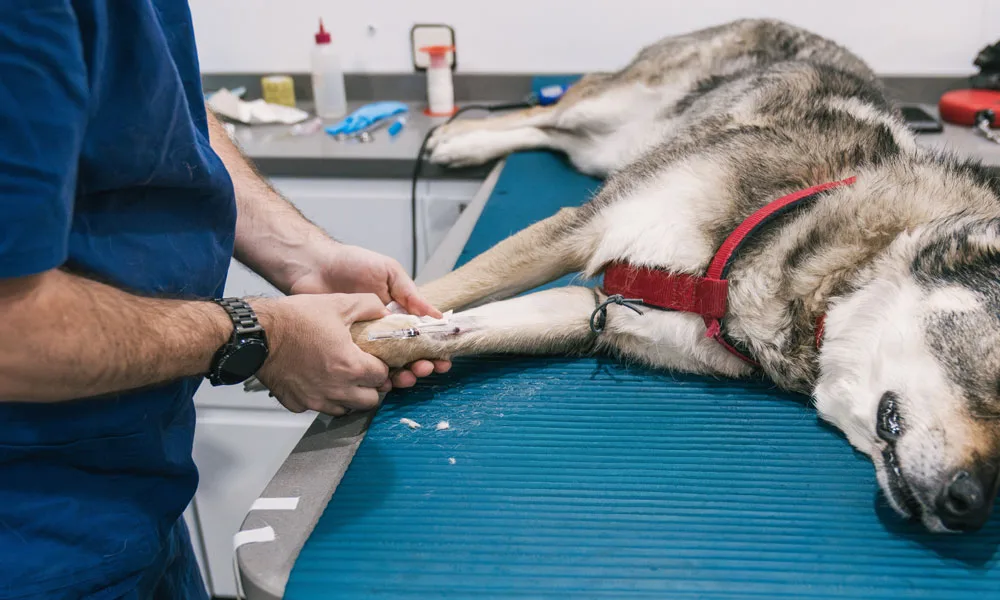
If your pet has been hit by a car, attacked by another animal, or suffered a fall, even if they seem fine, internal injuries and shock may not be visible. Always seek prompt veterinary evaluation.
3. Persistent Vomiting or Diarrhea
Repeated vomiting or diarrhea, especially with blood, may indicate poisoning, infection, or an intestinal blockage. Dehydration can develop fast, especially in smaller pets.
4. Ingestion of Toxins
Common household dangers include chocolate, sugar-free gum, grapes or raisins, rat poison, antifreeze, and lilies(deadly to cats). If your pet eats anything questionable, call a vet immediately. Don’t wait for symptoms.
5. Difficulty Urinating or Defecating
Straining without producing urine or stool can be life-threatening. Male cats are especially at risk for urinary blockages, which can cause kidney failure or death within hours.
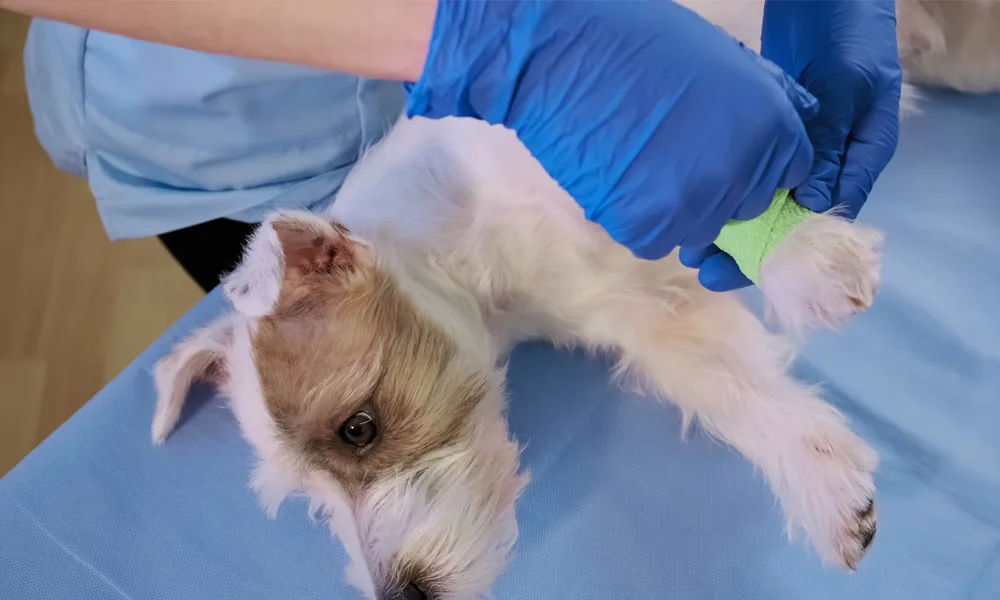
6. Seizures
A single short seizure should still be discussed with your veterinarian, but cluster seizures or one lasting more than five minutes are true emergencies requiring immediate care.
7. Bloat
Large, deep-chested dogs, such as Great Danes or Labs, are prone to bloat, where the stomach twists on itself. Look for signs of a swollen belly, drooling, retching, or restlessness. This condition may require emergency surgery.
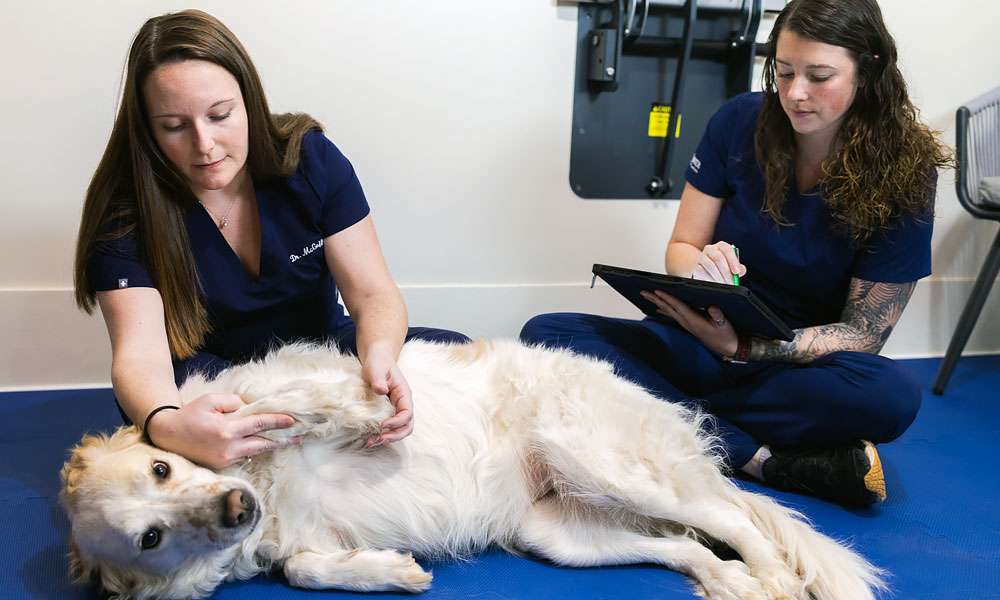
8. Collapse or Fainting
Sudden weakness or collapse can stem from internal bleeding, anemia, heart disease, or heatstroke. Rapid veterinary intervention can help stabilize your pet and identify the underlying cause.
9. Heatstroke or Hypothermia
Florida’s heat can quickly overwhelm pets. Heavy panting, drooling, confusion, or collapse may signal heatstroke. Move your pet to a cool area and seek help right away.
10. Severe Pain or Crying Out
If your pet cries, trembles, hides, or refuses to move, it’s a sign of acute pain or injury. Never try to medicate pets at home. Human pain relievers can be toxic.
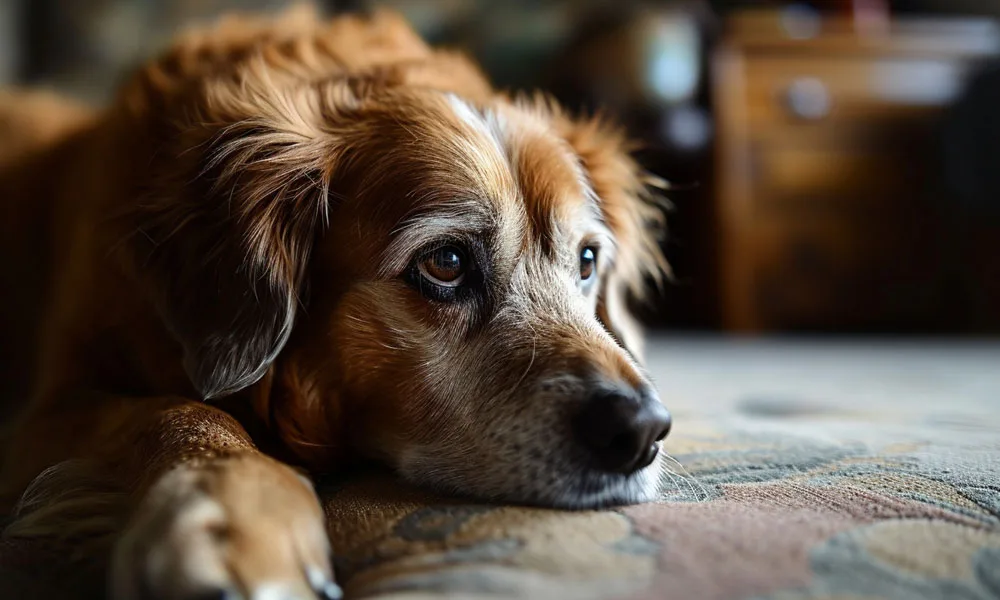
11. Allergic Reactions or Facial Swelling
Bee stings or food reactions can cause swelling of the face, eyes, or muzzle. Seek immediate veterinary attention to prevent breathing issues.
12. Uncontrolled Bleeding
Continuous bleeding from a wound, mouth, or nose requires urgent evaluation to stop blood loss and check for internal injury.
13. Eye Injuries or Sudden Blindness
Eye problems progress rapidly. Squinting, redness, cloudiness, or discharge can signal ulcers, glaucoma, or injury. Early treatment can save your pet’s vision.
14. Labor Complications
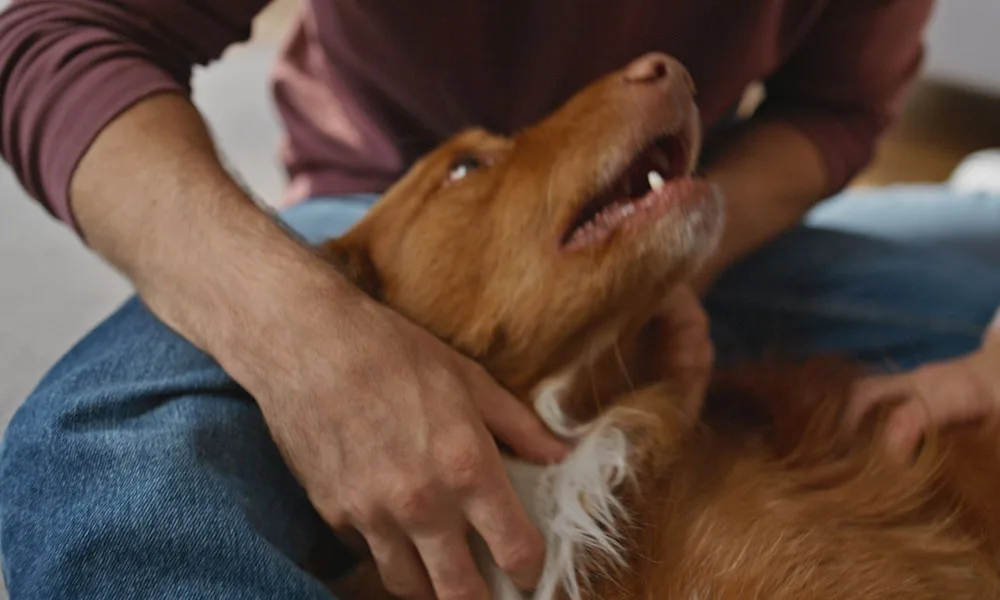
If a pregnant pet strains for more than 30 minutes without delivering or rests for over four hours between births, she may need emergency help or a C-section.
15. Inability to Stand or Walk
Stumbling or sudden paralysis may indicate spinal injury or stroke. Don’t wait. Early care improves recovery chances.
Trust Your Instincts
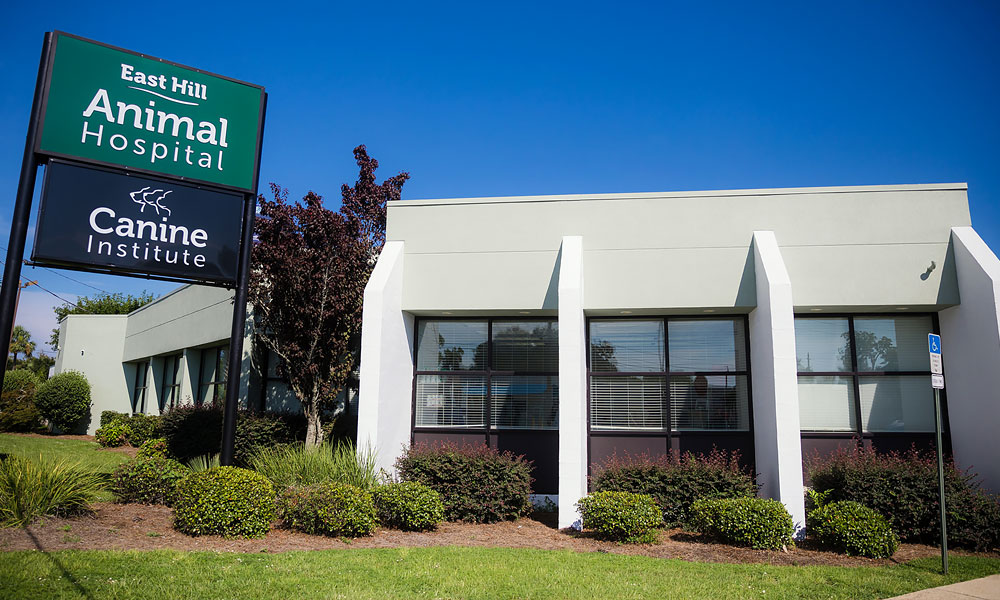
You know your pet best. If something seems seriously wrong, whether they’re weak, confused, or just “not themselves,” it’s always better to call and be safe.
East Hill Animal Hospital provides compassionate care for dogs and cats across Pensacola and the Gulf Coast region. Our advanced diagnostic technology, including high-definition Vimago CT imaging, digital X-rays, and ultrasound, enables our team to quickly identify the issue and initiate treatment.
We’re here to help..
📞 Call East Hill Animal Hospital at (850) 437-9933 or visit us at our state-of-the-art facility in Pensacola for trusted care.
